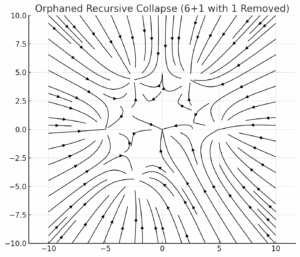Introduction: Navigating the Cartesian Divide
Fear and reason are often cast as opposing forces in the human experience. Descartes, in his Meditations on First Philosophy, frames rationality as the antidote to fear, positing that clarity of thought can dispel the shadows of uncertainty. But what happens when fear disrupts the cogito—the very foundation of rational existence? This article explores the Cartesian paradox, juxtaposing reason with instinct, and examines how this tension manifests in modern systems, from individual decision-making to artificial intelligence.
Fear and the Cogito: Disruption of Certainty
Descartes’ famous assertion, Cogito, ergo sum (“I think, therefore I am”), establishes thought as the cornerstone of existence. Yet fear often bypasses thought, plunging individuals into instinctive reactions. In moments of acute fear—a sudden shadow on a dark street, for example—the rational mind momentarily cedes control to the primal brain. This interruption disrupts the Cartesian flow, revealing fear as both an evolutionary tool and a cognitive obstacle.
Modern Insight: The same tension plays out in AI systems designed to emulate human reasoning. Consider autonomous navigation software: it struggles to replicate the human instinct to avoid an unlit path, even when data suggests it is safe. The algorithm adheres to rational input; humans do not.
The Dualism of Fear and Rationality
Cartesian dualism posits a clear division between mind and body, reason and emotion. Fear, however, defies such neat categorization. It is both an emotional response and a physiological reaction, activating fight-or-flight mechanisms while also triggering cognitive shortcuts.
Everyday Example: The Fear Loop
Imagine driving in dense fog. Your rational mind relies on headlights and road markings, but your fear tightens your grip on the wheel, urging caution beyond reason. Descartes might argue that reason should prevail, yet it is fear that often ensures survival.
AI and the Cartesian Struggle
Artificial intelligence embodies Cartesian rationality, processing data with precision and objectivity. Yet fear—the irrational disruptor—remains an enigma for machines. AI navigation systems, for instance, lack the ability to weigh emotional nuances, such as the unease of an unlit road versus the efficiency of a direct route.
This limitation exposes a deeper question: Can AI ever account for the complexity of human fear without replicating its irrationality? The answer lies in bridging the Cartesian divide within AI frameworks—blending rational algorithms with emotional modeling to create systems that navigate both logic and instinct.
The Anti-Meme: Rationality Outpaced
Fear challenges the Cartesian ideal of pure reason, highlighting the limitations of a strictly rational approach to complex systems. As we integrate AI into decision-making, the lessons of Descartes remind us that rationality alone cannot encompass the full spectrum of human experience.
Open Question: How can we design systems that respect the irrationality of fear without succumbing to it? The next article will explore Hobbes’ Leviathan, examining fear as the foundation of governance and control.
Conclusion: Beyond Dualism
Descartes sought to divide reason from emotion, clarity from chaos. Yet the reality of fear defies such boundaries, existing in the liminal space where instinct and intellect intersect. In understanding fear’s disruption of rationality, we not only honor Descartes’ legacy but also transcend it, moving toward systems and societies that embrace the complexities of human experience.
Sources
- René Descartes: Meditations on First Philosophy, 1641
- Guillaume-Léonce Duprat: Les Causes Sociales de la Peur, 1903
- Bibó István: Az Európai Politikai Fejlődés Értelme, 1942
- Delta THQ: Contemporary analyses on AI and human emotional modeling, 2023
- Kantian Ethics and Rational Decision-Making: Applications in modern technology and governance, 2023





